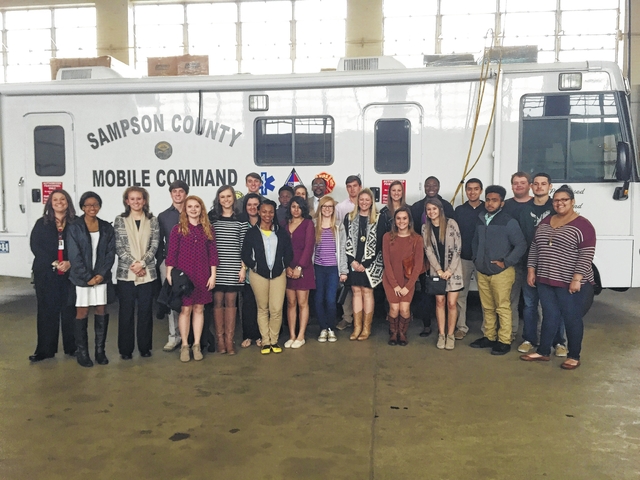Community in the Rehab Journey

Embarking on a rehabilitation journey is a courageous step towards recovery. While the individual’s commitment plays a pivotal role, the significance of a robust support system cannot be overstated. In this article, we delve into the profound impact that family and community support can have on one’s rehabilitation process.
The Rehab Struggle: A Lonely Path Without Support
Rehabilitation often involves overcoming significant challenges, both physical and emotional. Without a support system, this journey can become an isolating and arduous experience. Individuals grappling with addiction or recovering from a traumatic event may find themselves navigating this labyrinth alone, making it exponentially harder to persevere.
The Crucial Role of Family Support
Family is often the bedrock of one’s support system. When a person decides to pursue rehabilitation, their family’s role becomes paramount. Emotional encouragement, understanding, and patience are essential components that family members provide. Moreover, the familial bond can serve as a powerful motivator for individuals striving to overcome obstacles, fostering a sense of purpose and connection.
Building Bridges: Community Support in Rehabilitation
Beyond the family unit, the broader community plays a vital role in the rehabilitation journey. Local communities can offer resources, programs, and a network of individuals who share similar experiences. This communal support creates an environment where those in recovery feel understood and accepted, reducing the sense of stigma that can often accompany rehabilitation.
The Impact on Mental Health
Support systems contribute significantly to the mental well-being of individuals undergoing rehabilitation. The emotional backing from family and community helps alleviate the feelings of loneliness and despair that can accompany the recovery process. Studies show that a robust support system can contribute to lower rates of relapse and a more sustained recovery.
Overcoming Stigma Through Collective Understanding
One of the barriers to successful rehabilitation is the societal stigma surrounding mental health and addiction. Family and community support play a pivotal role in challenging and dismantling these stigmas. By fostering understanding and empathy, the collective support system becomes a force for positive change, creating an environment that encourages open dialogue about rehabilitation.

Nurturing Resilience: The Support System as a Pillar of Strength
Resilience is a key factor in successful rehabilitation. Family and community support act as pillars of strength, providing a safety net during challenging times. Knowing that one is not alone in their journey fosters a sense of resilience that empowers individuals to face adversity head-on and emerge stronger on the other side. For further information about the importance of family and community in the rehab journey, discover more here!
Conclusion
In conclusion, the importance of family and community support in the rehabilitation journey cannot be overstated. These support systems act as lifelines, offering encouragement, understanding, and resources essential for a successful recovery. As we continue to strive for a society that prioritizes mental health, acknowledging and nurturing these support systems is a crucial step forward.




